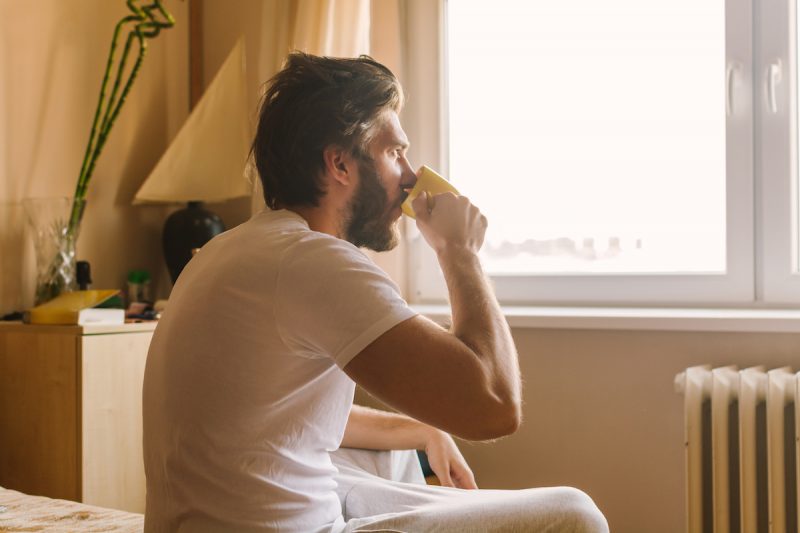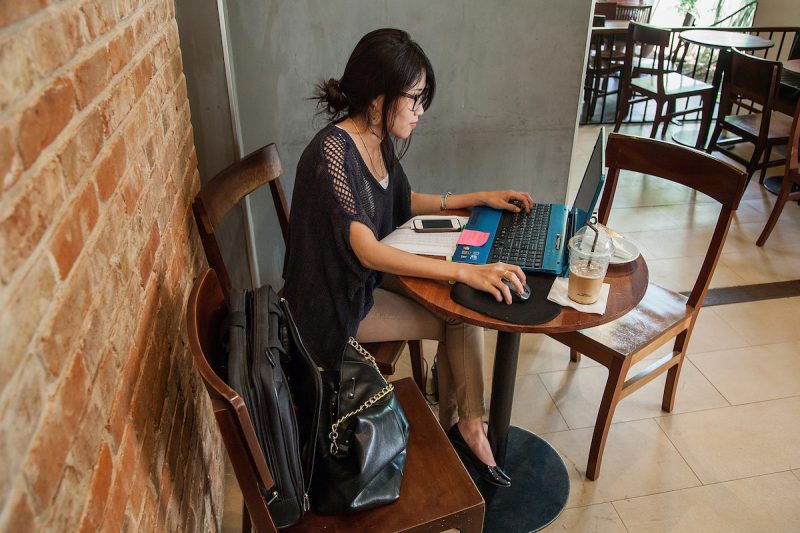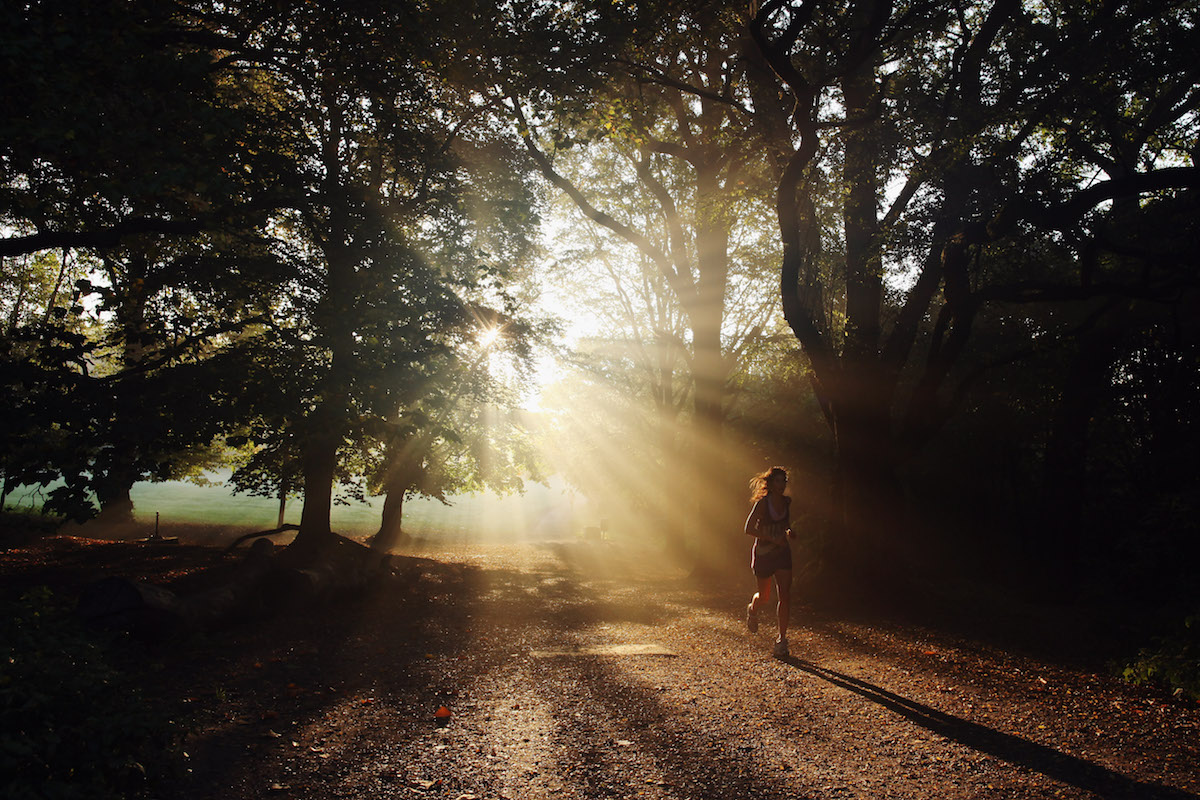I’m not a morning person. I love to sleep in and luckily, my lifestyle lets me indulge. I have to be at work at 9:30 a.m., which is later than most. My commute is also a 10-minute walk. In turn, I wake up at a comfortable 8 a.m., and that’s if I don’t snooze my phone alarm a couple of times.
The ability to sleep in had always felt like a blessing. But my boyfriend – an early bird – found it outrageous. When I’d complain that I didn’t have time for something, he’d ask, “Why don’t you just wake up an hour earlier?”
“If only it were that easy,” I’d think to myself – until I realized that maybe it could be. Before I graduated college, I was most productive at night. But now, doing things into the wee hours isn’t feasible.
Finally, I decided to find out and committed to waking up an hour earlier for two weeks. This is what happened.
1. I wasn’t more tired than usual

... At least not for long. I definitely felt sleepier than usual at night on the first couple of days. After that, though, I didn't really notice a change - probably because I hit the hay at a reasonable hour.
I live with my boyfriend, and we like to go to sleep together. His schedule calls for an earlier bedtime than I'd adhere to otherwise, so I wind up getting up to nine hours of sleep each night. Waking up an hour earlier still kept that number in the range of 7-9 hours per night for adults recommended by the National Sleep Foundation.
2. It still wasn't easy

My body always takes a while to adjust in the morning. It happens when I wake up at my usual time, around 8 a.m., and it happened when I woke up at 7 a.m. I wouldn't call adapting to the new schedule easy, even though I knew deep down it wasn't making me more tired.
I'm a creature of habit I guess, and it was hard to convince myself that losing that hour of sleep wouldn't somehow make my life worse. I still snoozed my alarm sometimes - but no more than I normally would so as not to break my commitment.
3. I was more productive

I often complain about not having time to exercise. Before my experiment, I was getting in two to three workouts a week, most of which I did on the weekends. I'd make excuses after work - I don't leave until 6 p.m., I have to cook dinner, etc. - and I'd never been into morning fitness.
I forced myself to do a home workout on the first morning, though, and it felt rewarding. I decided to do it again the next day. By day three, it was hard not to work out. I'd survived the other a.m. sweat sessions and realized they weren't so miserable.
I wound up working out four times the first week - all on weekday mornings. I did four again the second week: three during the week and one over the weekend.
4. I felt healthier

Working out more wasn't the only change I made. On the weekday mornings I didn't sweat it out, I made breakfast instead. Scrambled eggs were a nice alternative to the single-serving nut packs I was used to scarfing down - or worse, to the many days I'd skip breakfast altogether.
5. I realized my limits

Initially, I was overambitious. I thought waking up an hour earlier meant I could add a number of things to my routine, but I quickly realized that wasn't the case. I couldn't catch up on social media, spend time crafting the perfect outfit, cook breakfast,andwork out every weekday morning. Instead, I had to pick and choose.
6. I felt freer

When you wake up, immediately start getting ready, and then head straight to your job, it's easy to feel like work steals your day from you. Waking up an hour earlier meant I could use that hour any way I pleased, which gave me a greater sense of autonomy. Sometimes that meant squeezing in some cardio. Sometimes that meant making a cup of coffee and leisurely watching the local news.
This didn't just apply to weekdays, either. My boyfriend likes to start his Saturdays and Sundays early to get the most out of them. Meanwhile, I always sleep for at least an hour after he wakes up.
During my two-week challenge, I got up with him instead, and instantly saw where he was coming from. As always, we had to do chores like laundry and grocery shopping, but they made less of a dent in my day - which meant more time for fun.
7. I'm still not a morning person

There really weren't any negatives to waking up early. I was able to achieve some goals, such as reading more and spending more time on looking put-together for work, and I still got an adequate amount of sleep.
So why can't I shake the urge to snooze my alarm? Two weeks wasn't enough to turn me into a morning person, and I'm honestly not sure if any amount of time will be. Certain factors - including my clinical depression - make getting out of bed harder. But I did learn that rising a little earlier isn't so bad, after all.
At the very least, I'm motivated to keep up my new workout quota. If that means more morning sessions, so be it.

